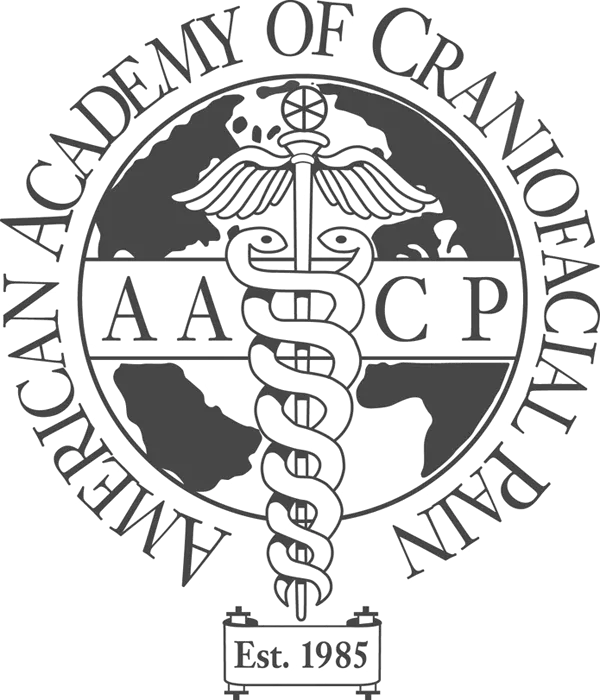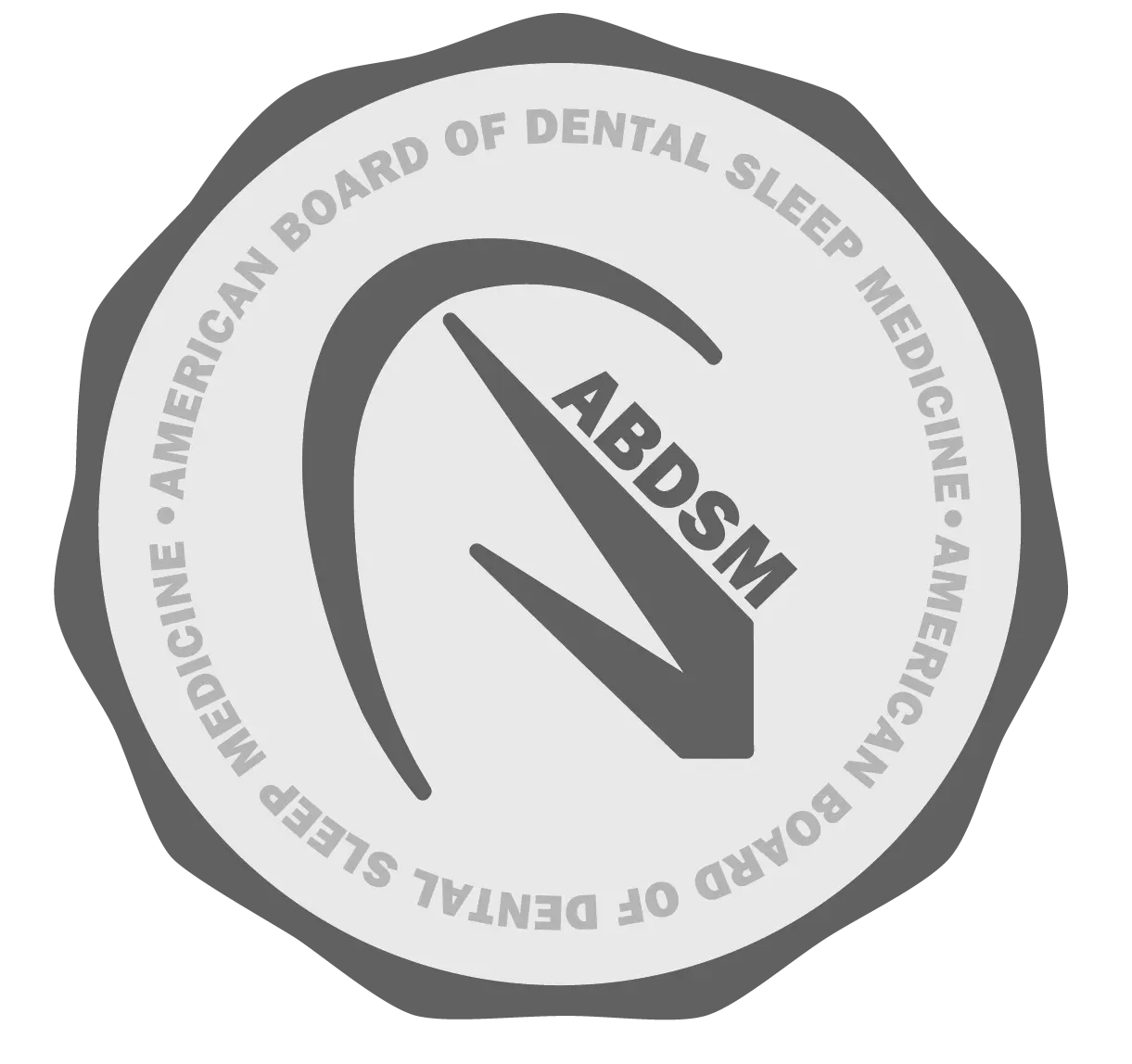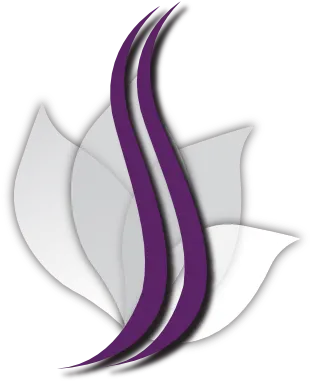Tooth extraction is a common dental procedure that often leads to several questions, one of the most common being: "Can I brush my teeth after extraction?" Whether due to wisdom teeth removal or a damaged tooth, it's essential to know when and how to resume brushing safely to avoid complications.
Let's discuss everything you need to know about brushing your teeth after an extraction, including the best practices for recovery, potential issues, and tips for maintaining oral hygiene during this period.
Can You Brush Your Teeth After Extraction?
The short answer is yes but with caution. After a tooth extraction, it's crucial to maintain oral hygiene to prevent infection and promote healing. However, brushing the extraction site too soon can disrupt healing and lead to complications such as a dry socket or infection.
While brushing your other teeth is fine, avoiding the extraction site is essential until your dentist clears you. This will help preserve the blood clot in the socket, which is crucial for healing.
When Can I Start Brushing My Teeth After Extraction?
After tooth extraction, the timeline for resuming your brushing routine will depend on your specific case, but here's a general guideline:
First 24 Hours
Immediately after the extraction, avoid brushing your teeth altogether. For the first 24 hours, focus on keeping your mouth clean using saltwater rinses (after the initial 24 hours). Brushing during this time could dislodge the blood clot that forms in the socket, which is essential for healing.
After 24-48 Hours
Once the first 24-48 hours have passed, you can gently brush the rest of your teeth with a soft-bristled toothbrush, but avoid brushing the extraction site. At this stage, swelling should begin to subside, but you should still be cautious around the area.
3-5 Days After Extraction
Your extraction site should start to heal by the third to fifth day. If the area is no longer painful and your dentist gives you the green light, you can gently brush around the site. Always use a soft-bristled toothbrush and avoid applying pressure to the extraction site.
Why Can't I Use Toothpaste After an Extraction?
After a tooth extraction, the gap left in your gums needs time to heal and form a blood clot, which is essential for recovery. Using toothpaste too soon can increase the risk of disturbing the blood clot, leading to complications like dry sockets or delayed healing. Brushing, especially when you spit, may inadvertently dislodge the clot and cause bleeding.
While it's important to maintain oral hygiene, avoid using toothpaste for at least 3-4 days after the procedure. Instead, gently clean the extraction site with a wet gauze pad or a soft cloth to remove debris without disturbing the clot. This will help prevent infection and ensure the site heals properly.
How to Brush Your Teeth After an Extraction
Brushing after a tooth extraction requires a gentle approach. Here are some essential tips on how to brush your teeth properly after the procedure:
1. Use a Soft-Bristled Toothbrush
A soft-bristled toothbrush is essential for avoiding irritation to your gums and healing tissue. Hard bristles can harm the extraction site, so consider using an ultra-soft toothbrush during the first few days after the procedure.
2. Avoid the Extraction Site
When brushing, don't brush directly on the extraction site. You can brush the rest of your teeth as usual, but be careful not to accidentally touch the wound. This ensures the blood clot remains undisturbed and helps promote natural healing.
3. Be Gentle
Use gentle strokes when brushing. Avoid vigorous scrubbing, which could cause irritation or harm the healing area. Gentle brushing will help you avoid complications.
4. Use Saltwater Rinses
Saltwater rinses (after 24 hours) are a great way to keep the extraction site clean without brushing directly. Mix a teaspoon of salt in warm water and gently rinse your mouth to reduce swelling and disinfect the area.
5. Avoid Spitting Too Hard
After brushing or rinsing, avoid spitting forcefully, as it can dislodge the blood clot at the extraction site. Instead, let the liquid fall from your mouth gently.
What Happens if I Brush Too Early After Extraction?
Brushing too soon after a tooth extraction can lead to several complications. Here are the potential risks:
1. Dry Socket
Brushing too early can dislodge the blood clot that forms in the extraction site, leading to a dry socket. This painful condition occurs when the bone and nerves are exposed, causing significant discomfort and delaying healing.
2. Infection
Premature brushing can introduce bacteria into the extraction site. Since the area is still healing, brushing too soon can increase the risk of infection, leading to swelling, pain, and further complications that can extend your recovery time.
3. Prolonged Healing Time
If you brush too early, you risk interfering with the natural healing process. Disrupting the blood clot or exposing the site to bacteria can slow recovery, causing additional pain and making it harder for the tissues to regenerate properly.
4. Increased Bleeding
Brushing too soon may cause the extraction site to start bleeding again. The physical movement of brushing can cause pressure that dislodges the clot or damages delicate tissues, leading to more bleeding, which can prolong healing and cause discomfort.
5. Greater Discomfort
Brushing too aggressively or prematurely can increase discomfort after the extraction. The tender tissues around the extraction site are sensitive, and brushing before the area has fully healed can cause more irritation, swelling, and pain.
Other Aftercare Tips to Promote Healing
While brushing is important, several other aftercare tips can help promote healing after tooth extraction:
1. Avoid Smoking
Smoking can significantly delay healing and increase the risk of dry sockets. To ensure proper healing, refrain from smoking for at least 48 hours after the extraction. Nicotine and tobacco can disrupt blood flow and interfere with tissue regeneration.
2. Stay Hydrated
Proper hydration is essential for tissue healing. Drinking plenty of water helps hydrate your body and mouth, promoting faster recovery. However, avoid using a straw when drinking, as the suction can dislodge the blood clot and hinder healing.
3. Rest and Avoid Strenuous Activity
Resting after a tooth extraction is vital for healing. Strenuous physical activity can increase blood pressure and potentially cause excessive bleeding or swelling. Avoid heavy lifting, exercising, or intense activity for the first few days to promote proper recovery.
4. Follow Your Dentist's Instructions
Adhering to your dentist's post-extraction care instructions is crucial. Your dentist will provide specific guidelines based on your case, such as when to resume brushing, when to begin rinsing with saltwater, and how to manage pain effectively.
5. Use Ice Packs to Reduce Swelling
Swelling is common after a tooth extraction, especially within the first 24 hours. Applying a cold compress or ice pack to the outside of your cheek can help reduce swelling and ease discomfort. Apply it for 15-20 minute intervals to avoid skin irritation.
Takeaway
Tooth extraction doesn't have to be a painful or stressful experience. Proper aftercare, including gentle brushing and following your dentist's instructions, can promote a smooth and speedy recovery. While avoiding brushing directly on the extraction site is essential, maintaining oral hygiene will help keep your mouth healthy as it heals.
Take the Next Step Toward a Comfortable Recovery
If you've recently undergone a tooth extraction or have concerns about post-procedure care, contact Smoke Rise Dental. Our team is dedicated to providing personalized care and ensuring a smooth, pain-free recovery.
Book your consultation today by calling (770) 923-5500 or visiting us at 5500 A Lilburn Stone Mountain Rd, Stone Mountain, Georgia 30087. Let us guide you through a healthy recovery process and help you maintain a bright, pain-free smile!
FAQs
Can I brush my teeth with toothpaste after an extraction?
It's recommended that you avoid using toothpaste on the extraction site for at least 3-4 days. Toothpaste and brushing may dislodge the blood clot that forms, delaying healing and increasing the risk of complications like dry sockets.
When can I brush my tooth after an extraction?
You can brush your teeth the day after your extraction but avoid the extraction site. After 24-48 hours, you can gently brush around the site. Wait until your dentist confirms it's safe to brush directly on the extraction area, typically after 3-5 days.
How do you clean your mouth after tooth extraction?
Avoid brushing for the first 24 hours, and use saltwater rinses to clean the area. Afterward, gently rinse with warm salt water to reduce swelling and prevent infection. Avoid using mouthwash with alcohol, which can irritate the extraction site.











